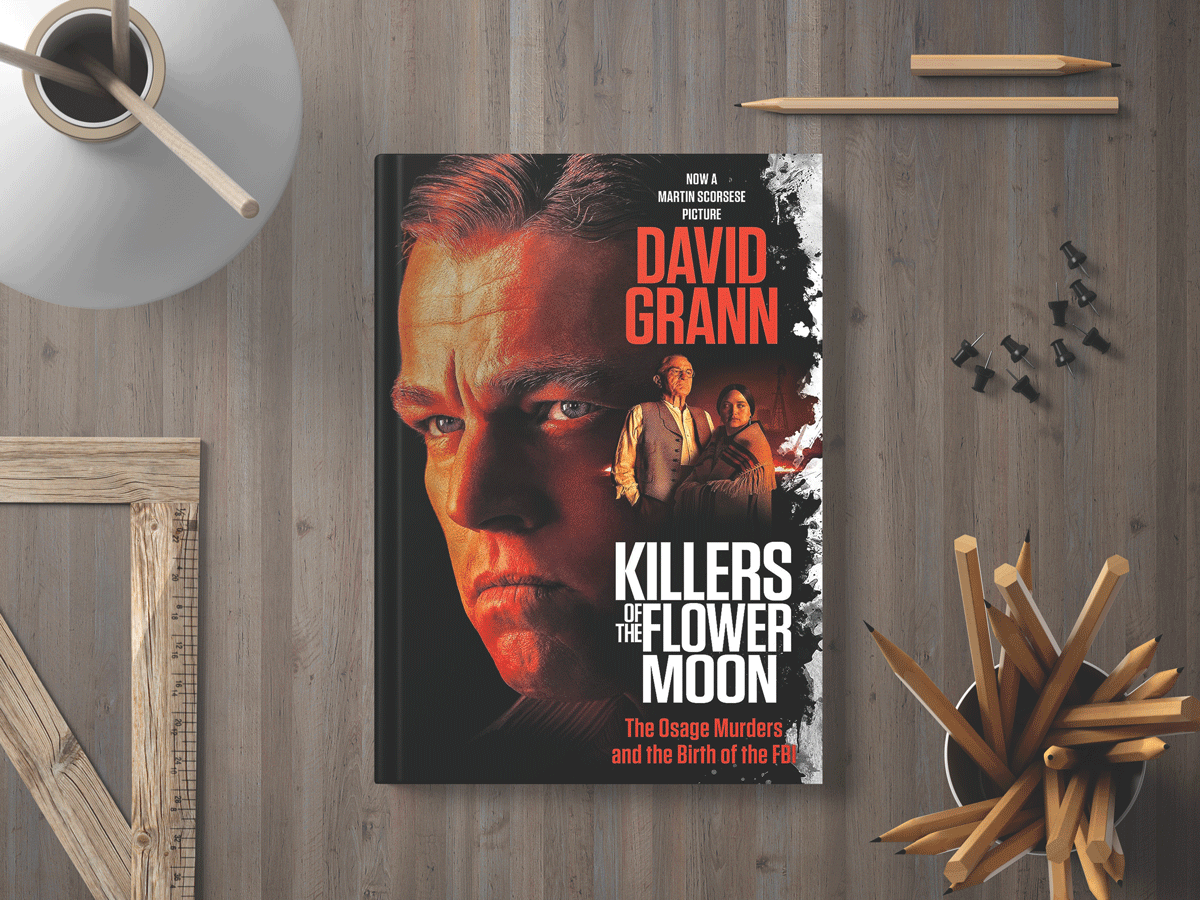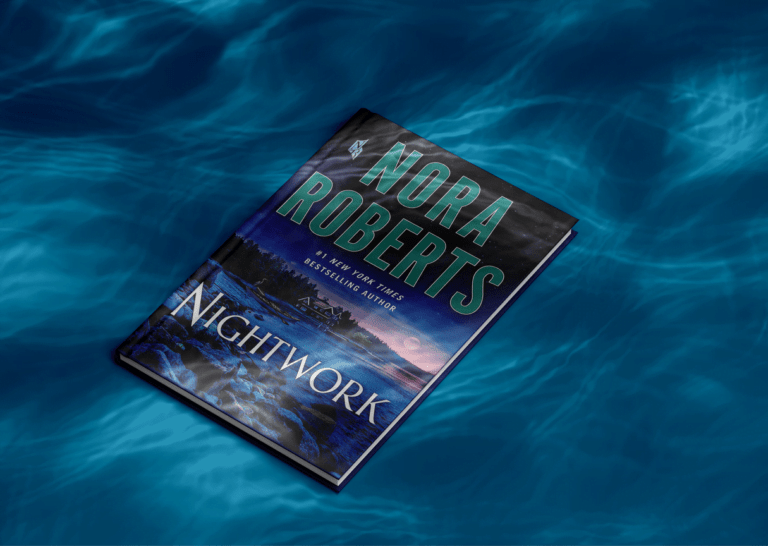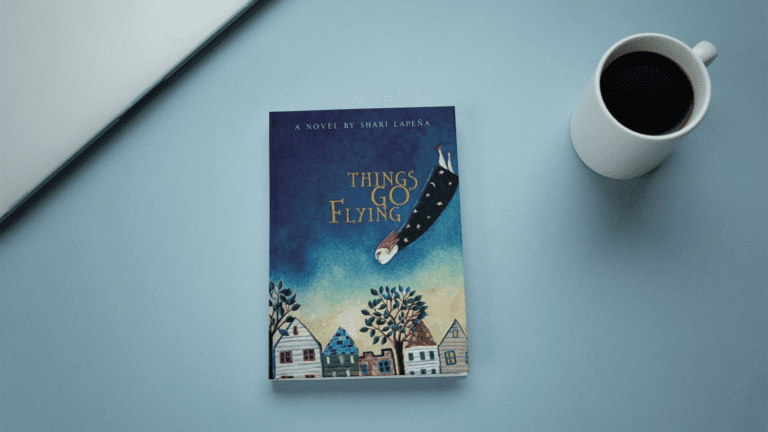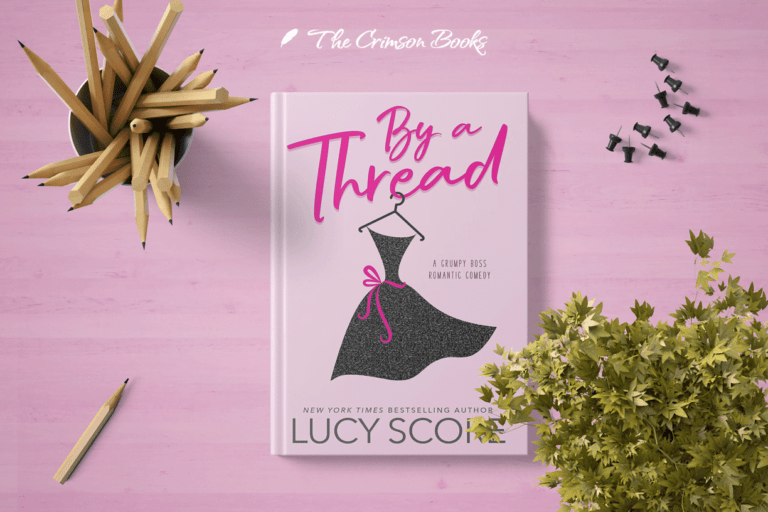Killers of the Flower Moon: A Gripping Tale of Greed and Betrayal

“Killers of the Flower Moon” by David Grann is a gripping narrative that unravels the dark and disturbing history of the Osage Nation, a Native American tribe in Oklahoma. The book, published in 2017, delves into the systematic murders of wealthy Osage Indians during the 1920s and the subsequent investigation led by the fledgling FBI.
When I started reading this novel I had no idea of its historical significance, and the broader implications of the events it portrays. All thanks to Leonardo DiCaprio who made me intrigued about this book enough to read it as soon as the trailer went out.
Grann’s narrative is rooted in a time when the Osage Nation became incredibly wealthy due to oil discoveries on their lands. The book explores the sinister conspiracy that arose as a result of this newfound prosperity, as members of the Osage Nation were systematically killed to gain control of their substantial wealth.
Grann meticulously traces the history, highlighting the complex dynamics between the Osage people and the encroaching white settlers, shedding light on the deep-rooted racism and greed that fueled the crimes.
One of the strengths of “Killers of the Flower Moon” is Grann’s ability to bring historical figures to life. He skillfully introduces us to Mollie Burkhart, an Osage woman whose family is at the center of the murders, as well as Tom White, the FBI agent tasked with solving the case.
The characters are portrayed with depth and nuance, allowing readers to empathize with their struggles and connect with the broader themes of injustice and resilience.
Grann’s writing style is both engaging and informative. The narrative seamlessly weaves together historical facts, personal accounts, and investigative journalism, creating a compelling tapestry that keeps readers hooked from beginning to end.
The author’s meticulous research is evident throughout the book, as he presents a detailed account of the crimes, the investigation, and the broader implications for the Osage Nation.
“Killers of the Flower Moon” goes beyond a mere true crime story; it explores profound themes such as systemic racism, exploitation of indigenous communities, and the consequences of unbridled greed. Grann skillfully connects the events of the 1920s to contemporary issues, prompting readers to reflect on the enduring impact of historical injustices on marginalized communities.
While “Killers of the Flower Moon” is undoubtedly a compelling and well-researched work, some critics argue that Grann may at times take creative liberties in reconstructing certain events or conversations.
While such liberties are not uncommon in historical nonfiction, they raise questions about the line between fact and fiction in the narrative. Readers should approach the book with an awareness of the author’s narrative choices, keeping in mind that certain details may be dramatized for storytelling purposes.
“Killers of the Flower Moon” has left an indelible mark on the literary landscape, sparking conversations about historical injustices against Native American communities and the need for accountability. The book has also ignited interest in re-examining cold cases and unsolved crimes against indigenous peoples.
Its success has prompted a broader cultural shift towards acknowledging and addressing the dark chapters of history that have long been overlooked.
In conclusion, “Killers of the Flower Moon” stands as a powerful and thought-provoking exploration of a dark chapter in American history. David Grann’s narrative skill and attention to detail bring the story to life, shedding light on the injustices suffered by the Osage Nation.
While readers should approach the book with a critical eye regarding certain narrative choices, its overall impact on raising awareness about historical crimes against indigenous communities cannot be understated. “Killers of the Flower Moon” is a testament to the power of storytelling in uncovering the truth and confronting the shadows of the past.
Killers of the Flower Moon Buying Options
More Historical Fiction Books
- The Lost Apothecary by Sarah Penner
- The Things We Cannot Say by Kelly Rimmer
- The Hotel Nantucket by Elin Hilderbrand
Disclaimer: This blog post may contain affiliate links. If you click on these links and make a purchase, The Crimson Books may earn a small commission at no additional cost to you.
About the Author

Benjamin Hughes is a literary enthusiast with a lifelong passion for books. He has an extensive knowledge of classic literature and a profound interest in exploring the depths of philosophical and existential themes.
With his articulate writing style, he guides readers through complex narratives and leaves them with a deeper understanding and appreciation for the written word.







